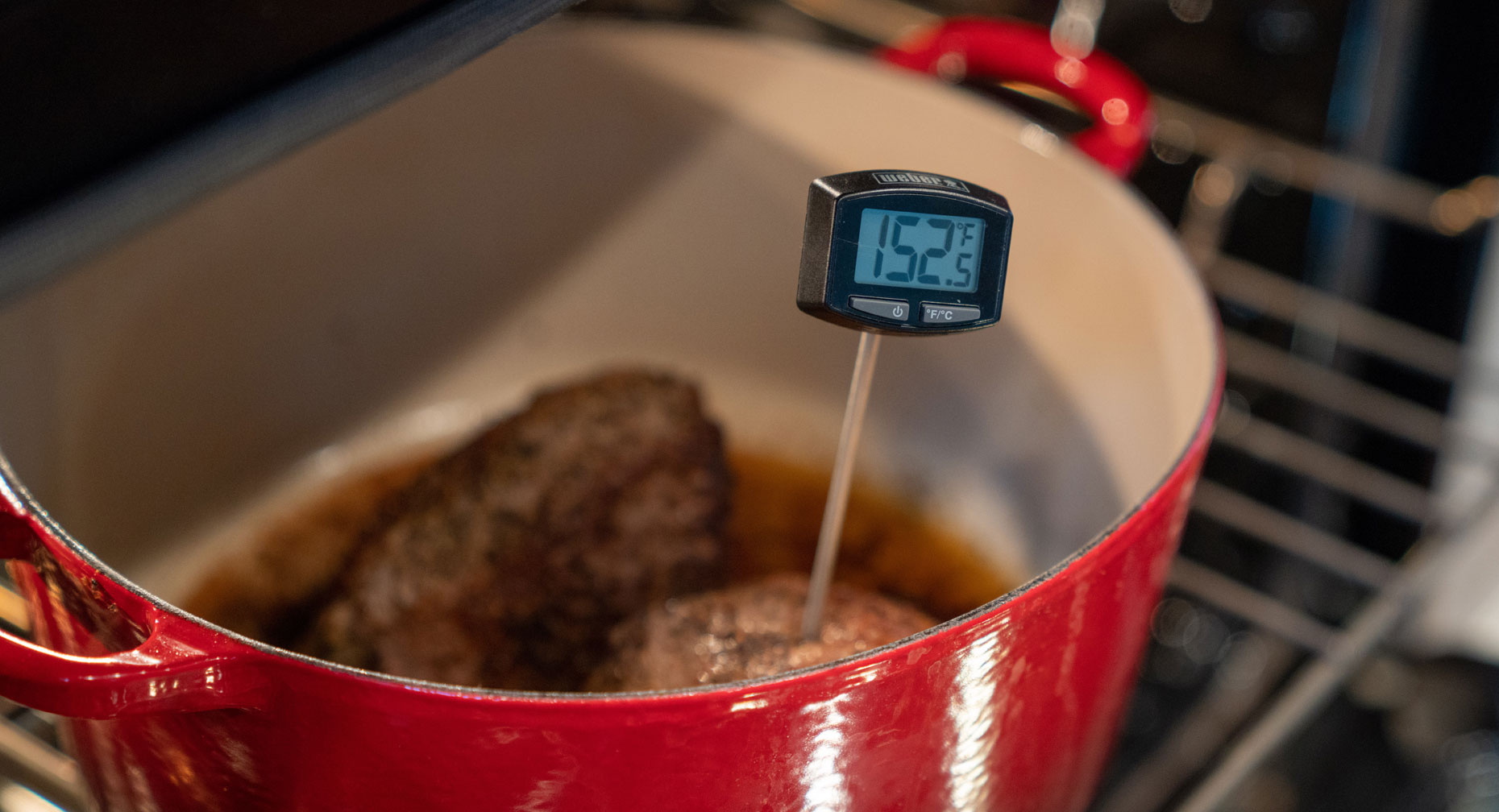Thwarting the Infamous Stomach Bug Known as E. Coli

Answer a few questions and we'll provide you with a list of primary care providers that best fit your needs.
As far as germs go, Escherichia coli, or E. coli, is rather infamous. It frequently makes headlines after making dozens or even hundreds of people sick from eating it in ground beef or some other food item.
There are actually several strains of E. coli bacteria, most of which are harmless. E. coli is commonly found in food, the environment, and intestines of both people and animals without causing any problems. But certain strains can make you very, very sick. And while most healthy adults and children can manage through an E. coli infection and recover with few problems, some strains can cause kidney failure, and even death.
Here’s what you need to know to avoid become a victim of E. coli infection, and how to fight back if you do.
What Causes an E. Coli Infection?
Most E. coli infections come from:
- Eating undercooked meat, especially ground beef. Healthy cattle may carry E. coli in their intestines. Their meat can become contaminated with the bacteria during slaughtering. When beef is ground up, the E. coli germs get mixed throughout the meat.
- Eating other contaminated foods, including:
- Raw fruits and vegetables (alfalfa sprouts are a particular problem)
- Food touched by someone who has the E. coli germ on their hands
- Drinking unpasteurized (raw) milk or juices (like unpasteurized apple cider)
- Eating soft cheeses made with raw milk
- Drinking or swimming in contaminated water
- Working with cattle
Person-to-person transmission. This usually happens in day care centers and nursing homes. If someone has an E. coli infection and doesn’t wash his hands well with soap and water after using the bathroom, the bacteria can be passed to other people through touch (especially if the infected person touches food).
E. coli is extremely contagious. Children with an E. coli infection shouldn’t return to a day care center until they have two negative stool cultures (proof that the infection is gone). Older people in nursing homes should stay in bed until two stool cultures are negative.
And while most healthy adults and children can manage through an E. coli infection and recover with few problems, some strains can cause kidney failure, and even death.
What are the Symptoms?
Symptoms generally appear anywhere from one to 10 days after you’re infected. They include:
- Diarrhea, with watery and/or bloody stools
- Severe stomach cramps
- Nausea and vomiting
- Fever, usually less than 101°F (38.3°C)
How is E. Coli Diagnosed and Treated?

See your health care provider if:
- Your symptoms don’t improve after two days or become severe
- Your stool is bloody
- You have signs of dehydration (e.g., a dry, sticky mouth; decreased urine output; or very dark urine)
At your appointment, your provider will sample (take a culture of) your stool, to determine whether E. coli bacteria are in your intestine.
While you are recovering, rest and drink plenty of fluids to prevent dehydration. E. coli generally gets better on its own within eight to 10 days after your first symptoms.
Don't take antidiarrheal medication unless your doctor tells you to. Your body is trying to shed the E. coli bacteria; taking antidiarrheals can actually make the illness last longer, because your body will have a harder time getting rid of the germ. Generally, antibiotics aren’t prescribed.
Is E. Coli Ever Dangerous?
According to the Centers for Disease Control, about 5 to 10 percent of people with E. coli will experience hemolytic uremic syndrome (HUS), a life-threatening condition in which the infection produces toxins that destroy red blood cells, causing kidney damage. HUS can require intensive care, kidney dialysis and transfusions. Most people with HUS recover, but in some cases, they can die.
HUS develops about seven days after the first E. coli symptoms appear, when diarrhea is improving. HUS symptoms include decreased urination, fatigue, and losing pink color in the cheeks and inside the lower eyelids. People with HUS should be hospitalized because their kidneys may stop working and they may develop other serious problems. Most people with HUS recover within a few weeks, but some suffer permanent damage or die.
How Do I Prevent an Infection?
Follow these tips to help prevent an E. coli infection:
- Always wash your hands thoroughly with soap and running water:
- Before preparing food
- After using the bathroom
- After diapering babies
- After handling pets
- After contact with cows, sheep or goats, their food or treats, or their living environment
- If soap and water aren’t available, use an alcohol-based hand sanitizer with at least 60 percent alcohol. This can quickly reduce the number of germs on hands in some situations, but it is not a substitute for soap and running water.
- Avoid eating high-risk foods, especially:
- Undercooked meat
- Unpasteurized milk and juices
- Soft cheeses and yogurt made from unpasteurized milk
- Alfalfa sprouts
- Cook meat and poultry thoroughly, using the following internal temperature guidelines:
- Beef steaks and roasts, and pork: at least 145°F (62.6˚C) and allow to rest for 3 minutes after you remove meat from the grill or stove
- Ground beef and ground pork: at least 160°F (70˚C)
- Poultry: at least 165°F (74°C)
- Always use a food thermometer to check that the meat has reached a safe internal temperature. You cannot tell whether meat is safely cooked by looking at its color.
- Wash and peel fruits and veggies.
- Avoid cross-contamination in your kitchen. Thoroughly wash hands, counters, cutting boards and utensils after they touch raw meat.
- Keep anything that enters infants’ and toddlers’ mouths (like pacifiers and teethers) clean.
- Don’t swallow water when swimming and/or playing in lakes, ponds, streams, swimming pools and backyard “kiddie” pools. If you need to drink water that you’re not sure about, boil it for 60 minutes before consuming.
If you think you or a loved one may have an E. coli infection, and it seems to be severe, don’t hesitate to call your health care provider. No one wants to experience an E. coli infection if they don’t have to. Save yourself and those you love from this despicable stomach bug by learning the facts and adopting good hygiene practices.
Answer a few questions and we'll provide you with a list of primary care providers that best fit your needs.
Source: Centers for Disease Control; U.S. Department of Health and Human Services; American Academy for Family Physicians

